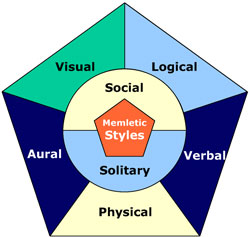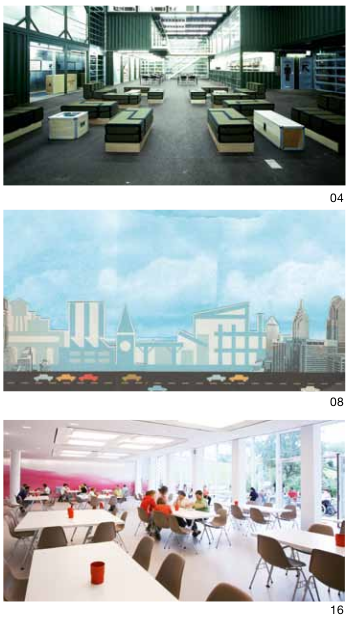Tuesday, September 25, 2012 was my last day as an employee of IBM Canada. I have been with company for almost 28 years, and was offered an option for an “early retirement” as an exit from the organization. However, I expect that I will continue to work (and study) elsewhere for at least 10 to 15 years. Since I’m not expecting to draw from the Canada Pension Plan any time soon, the label of “retirement” as applied by the company isn’t the same as that as applied by the government. Statistics Canada has three categories in the Survey of Labour and Income Dynamics.
- Career employment means having employment income or Employment Insurance (EI) benefits, no pension income and not reporting retirement as the major activity.
- Bridge employment means having employment income or EI benefits, pension income or reporting retirement as the major activity, and not out of the labour force for more than six consecutive months at the end of the year.
- Retirement means having pension income or self-identifying as retired with no employment income or EI benefits, or having pension income or self-identifying as retired with employment income or EI benefits, but out of the labour force for more than six consecutive months at the end of the year [Hébert and Luong 2008].
I don’t intend to take myself out of the work force in the near future. It seems as though it’s not uncommon for retirement-eligible individuals to work.… Read more (in a new tab)




